George Soros is once again in the spotlight after receiving the Presidential Medal of Freedom, the highest US civilian honor, for his "philanthropic activities" and "support for global human rights." While many view the bestowing as a recognition, it has also sparked renewed debates about the life and career of the Hungarian-born American billionaire.

Soros has been a major figure on the international political and economic stage for decades, eliciting as much criticism as praise for his activities. The occasion of his receiving this award provides an opportunity to take a closer look at the methods and impacts of George Soros’s work—and the price humanity has paid for it.
The Birth of George Soros’s Global Empire
George Soros, the Hungarian-born American billionaire, has become one of the largest funders of human rights and social causes over the past few decades. Since founding the Open Society Foundations (OSF) in 1984, he has spent billions of dollars supporting organizations and programs worldwide that promote his vision of an "open society."
While initial goals included supporting education and advancing human rights, they have since been intertwined with political influence peddling and global manipulation.
In 2018 alone, the OSF provided over 600 financial grants across Europe, while also funding hundreds of organizations in Africa, Asia, and South America, all promoting Soros’s ideals.
Speculation and currency crashes
Soros's biggest successes and scandals stem from his financial speculations. The 1992 "Black Wednesday" collapse of the British pound is one of the most notable speculative moves in modern financial history. At the time, the Bank of England attempted to maintain the pound's exchange rate, but Soros, moving billions of dollars, exerted artificial pressure on the currency.
The result: the pound lost 25 percent of its value in a single day, costing the British economy 30 billion pounds in losses.
Using similar tactics, Soros manipulated the Russian ruble, contributing to economic instability in Russia in the late 1990s. In Hungary, his attack on OTP Bank caused outrage, as he attempted to devalue the shares of the country's largest financial institution through stock market manipulation. The Hungarian Financial Supervisory Authority fined Soros’s company 489 million forints.
Through the Open Society Foundation, Soros actively influenced the political and social life in North Macedonia for decades.
During the "color revolution", protests aimed at overthrowing the national government, while foreign-funded civil organizations and political maneuvers sought to open borders and dismantle conservative values. These actions clearly demonstrate how external interventions exploited the country's internal instability to serve Soros’s interests.
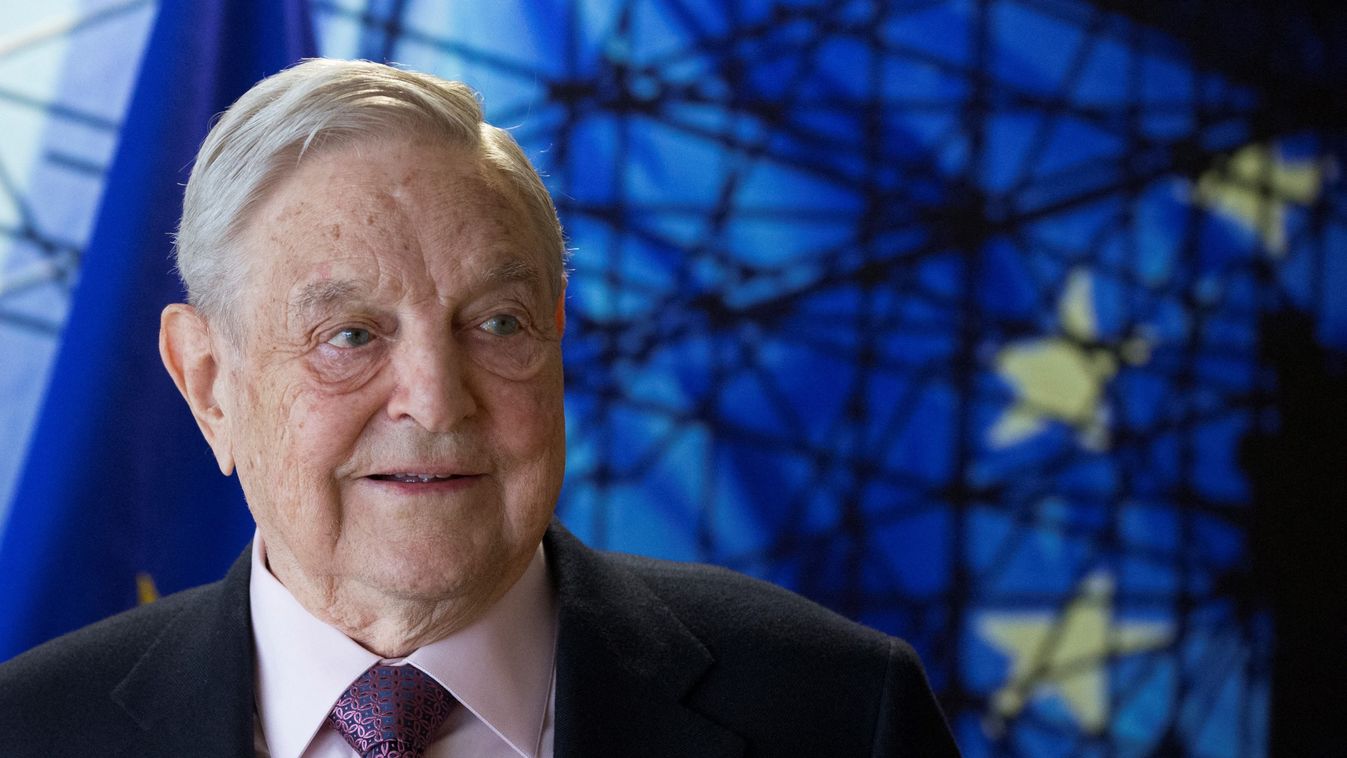

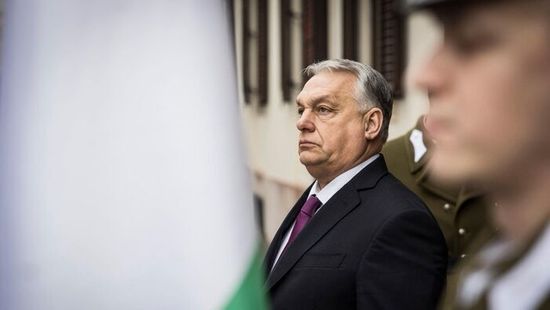
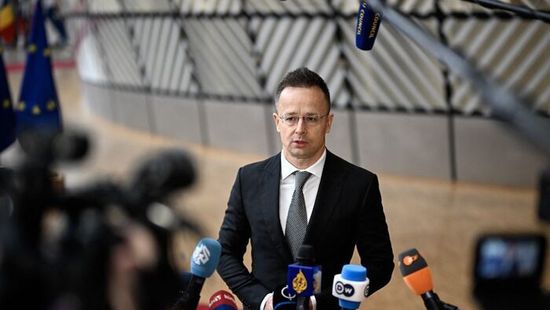
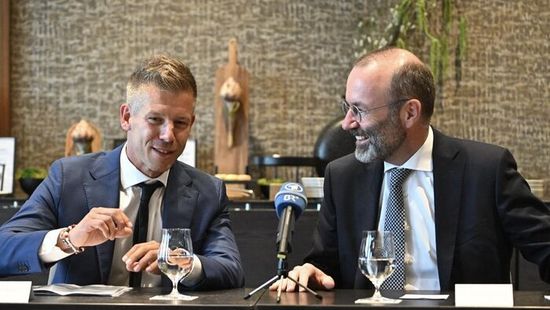






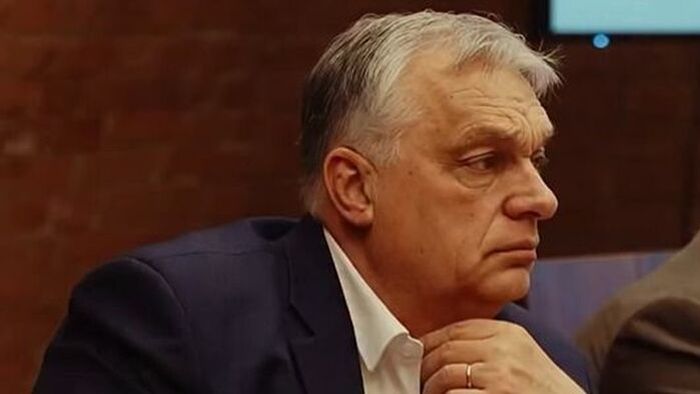





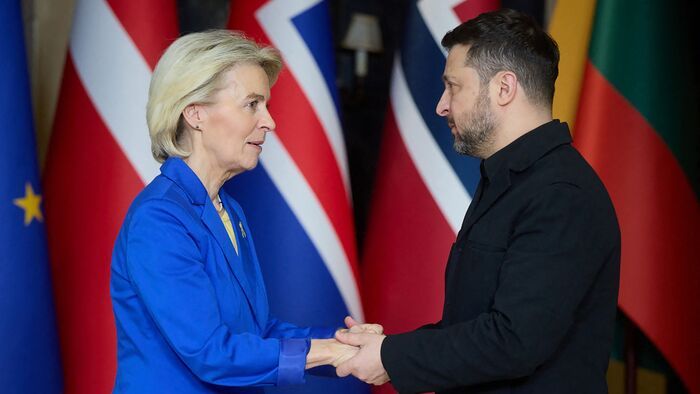

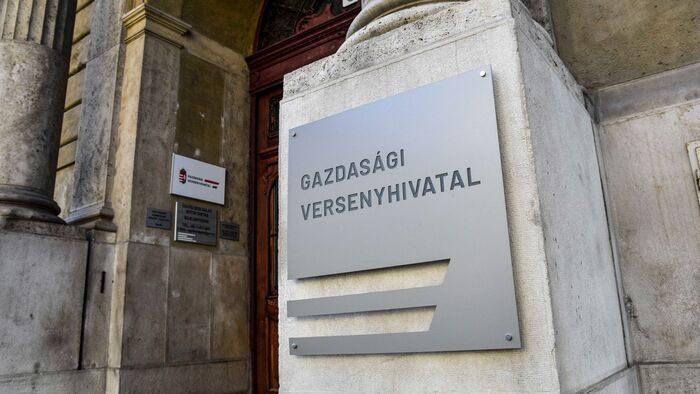



Szóljon hozzá!
Jelenleg csak a hozzászólások egy kis részét látja. Hozzászóláshoz és a további kommentek megtekintéséhez lépjen be, vagy regisztráljon!